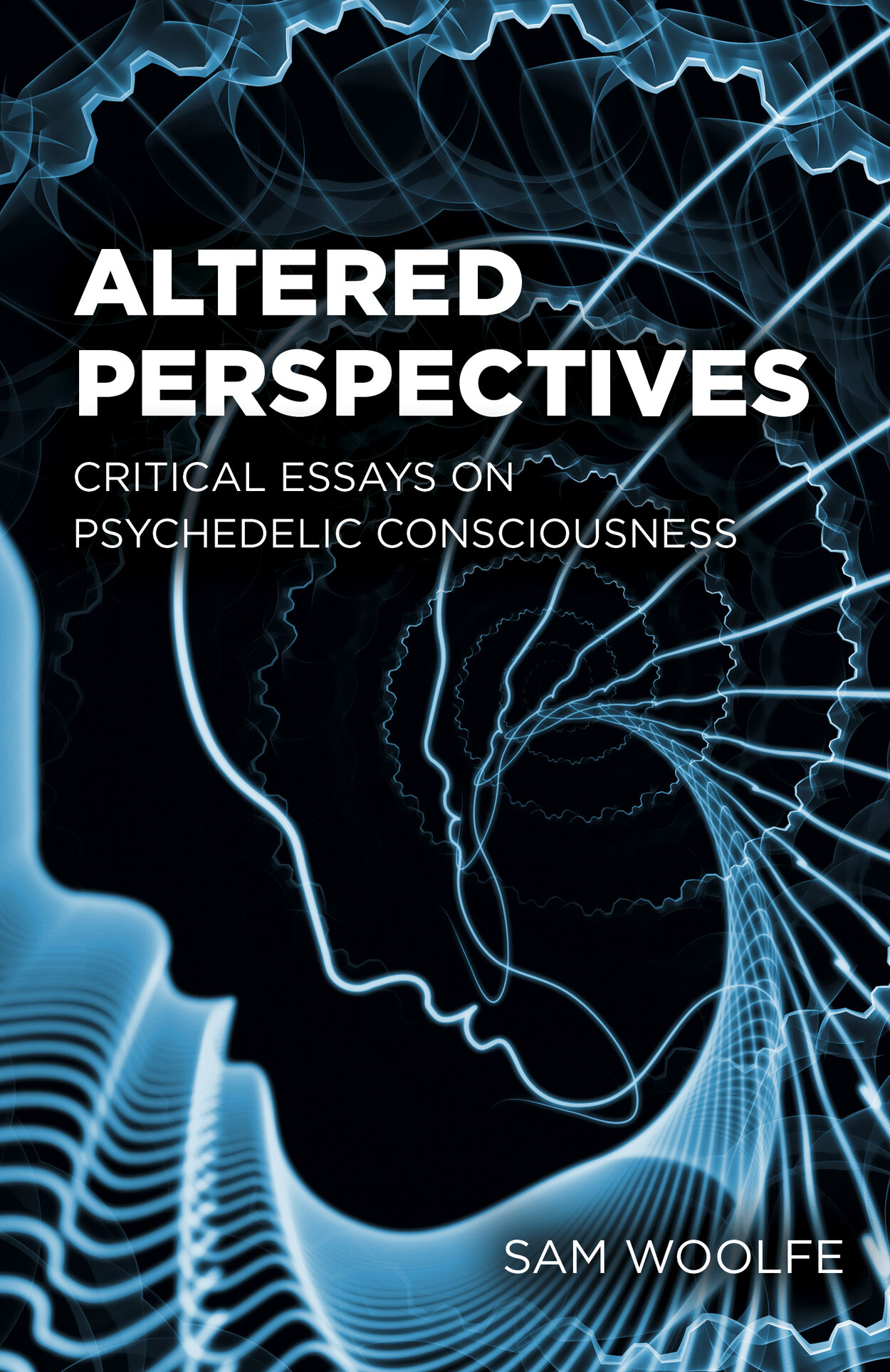My first book, Altered Perspectives: Critical Essays on Psychedelic Consciousness, is available from major retailers worldwide. You can order it here.

Summary
This book consists of essays that are primarily focused on the philosophy of psychedelics. They analyse aspects of the psychedelic experience from the perspective of several philosophical disciplines: metaphysics, philosophy of mind, epistemology, existentialism, Buddhism, the philosophy of mysticism, and environmental ethics.
However, I draw on several other disciplines, sometimes as the focus and other times to supplement philosophical discussion. These subjects include psychology, anthropology, neuroscience, evolutionary theory, mythology, religious studies, ethnobotany, and pharmacology.
I also cover a range of psychedelic plants, mushrooms, and compounds: psilocybin (and psilocybin-containing mushrooms), mescaline (and mescaline-containing cacti), LSD, DMT, ayahuasca, ibogaine/iboga, and nitrous oxide.
Some of the essays are reworkings of existing essays on this blog, with several significantly revised and expanded, whereas others are brand new.
Chapter/Essay Titles
- Mescaline Revelations: Hume, Buddhism, and the Illusory Self
- Noetic Experiences and Spinoza’s God
- Encounters with Alien Beings: Analysing the Birth Trauma Hypothesis
- Psychedelics and the Experience of the Sublime
- Altered States, Asemic Writing, and Alien Symbols
- On the Jester and Trickster Entities in the DMT Realm
- On Plant Spirits and Psychedelic Teleology, Part I
- On Plant Spirits and Psychedelic Teleology, Part II
- A Profound Feeling of Familiarity: Bergson, Déjà Vu, and DMT
- Catalysts for Existential Joy
Reviews
“This collection of essays presents a clear, fascinating, and thoughtful introduction to the emerging field of the philosophy of psychedelics. New thoughts are mingled with those of established thinkers, including Spinoza, Hume, Kant, Schopenhauer, Bergson, and of course, William James – who can in many ways be considered the seminal thinker in this field. Yet the application of the psychedelic experience is not limited to Western figures: we are also introduced to Eastern styles of thinking, somewhat seemingly alien to us Westerners, as well as to alien phenomenology in the extraterrestrial sense – not to mention otherworldly aesthetics, causation, and modes of illumination. Nothing is beyond limit in this book that explores the outer limits of the mind.” – Peter Sjöstedt-Hughes, philosopher, lecturer at the University of Exeter, and author of Noumenautics and Modes of Sentience
“The essays in Altered Perspectives eruditely unpick philosophical entanglements from the many corners of psychedelia, and they entertain as much as they enlighten.” – Robert Dickins, historian, founder of Psychedelic Press, and author of Cobweb of Trips: A Literary History of Psychedelics
“Sam Woolfe reveals that there is a great deal of territory where philosophy and psychedelics overlap – a region he mines in surprising and insightful ways in these essays, with visits to history, spiritual traditions, and ethnobotany along the way. Destinations in this whirlwind tour are fascinating and far-flung – there are explorations of déjà vu, DMT jesters, plant spirits, unreadable languages, and the possibility that we can remember our own birth. But Woolfe’s feet are firmly grounded. His open-mindedness is balanced with a good dose of scepticism.” – Cody Johnson, author of Magic Medicine: A Trip Through the Intoxicating History and Modern-Day Use of Psychedelic Plants and Substances
“In this book, Sam Woolfe mixes psychedelics and philosophy to discover that the use of the former is indissoluble from the latter. The chemistry of ideas and affects always share one and the same existential structure. But as the author argues, their relation is multifarious and ever-changing. As a result, the mix in this book is not spiked with any transcendental truth. The only aftereffect is a new and positive relationship with reality itself.” – Alessandro Sbordoni, author of Semiotics of the End